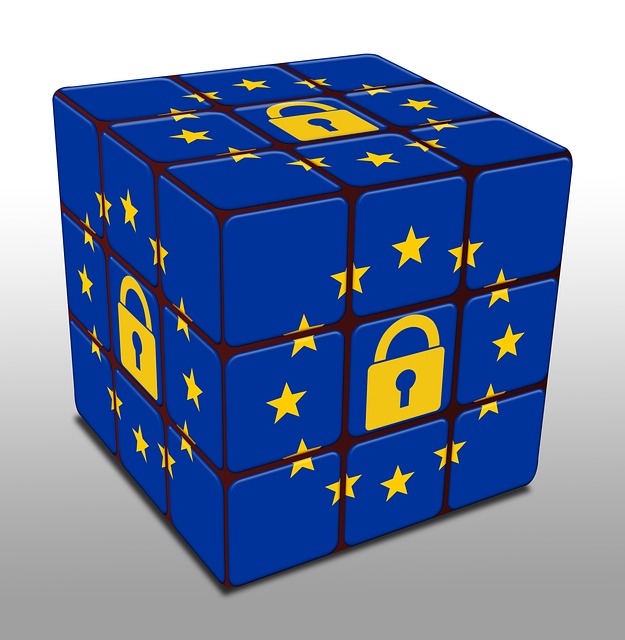In an era characterized by unprecedented technological advancement, the convergence of Artificial Intelligence (AI) and the General Data Protection Regulation (GDPR) presents a profound paradox—a collision of boundless innovation and the imperative to safeguard individual privacy rights.
At the heart of AI lies data—its lifeblood and raison d’être. As AI algorithms evolve, they rely heavily on the vast troves of data generated by individuals. From predicting consumer preferences to medical diagnostics, AI’s potential to revolutionize industries is undeniable. However, this digital transformation is not without its ethical challenges, particularly when it comes to data privacy and consent.
Enter the GDPR—an ambitious legislative effort by the European Union to bring data protection into the digital age. Enacted in 2018, the GDPR serves as a compass guiding organizations on the responsible use of data. It empowers individuals with greater control over their personal information, and it imposes stringent requirements on entities processing this data. The GDPR’s principles, including transparency, purpose limitation, and data minimization, mirror the very ethical considerations that underpin the development of AI.
The interplay between AI and the GDPR underscores a critical point: innovation should not come at the cost of privacy. AI has the potential to generate remarkable insights, but these must be garnered responsibly and ethically. Organizations seeking to harness AI’s power must ensure that data usage aligns with the GDPR’s principles. In fact, AI itself can be an ally in this endeavor. It can be deployed to enhance data security, automate compliance processes, and facilitate transparent data handling.
While the marriage of AI and the GDPR requires vigilance and responsible stewardship, it also holds the promise of a more harmonious digital landscape. AI systems developed in compliance with GDPR principles become beacons of ethical innovation, building trust and credibility. This convergence challenges organizations to rethink their approach to data—not as a mere resource to be exploited, but as a privilege to be respected.
As AI continues to shape the way we live and work, the GDPR provides a blueprint for navigating the ethical complexities. This harmonious coexistence between innovation and privacy protection is not an impediment; it’s an opportunity. It’s a call to embrace technological advancement while upholding the dignity and rights of individuals. Ultimately, AI’s transformative journey, guided by the principles of the GDPR, offers a glimpse into a future where innovation and ethics walk hand in hand.


